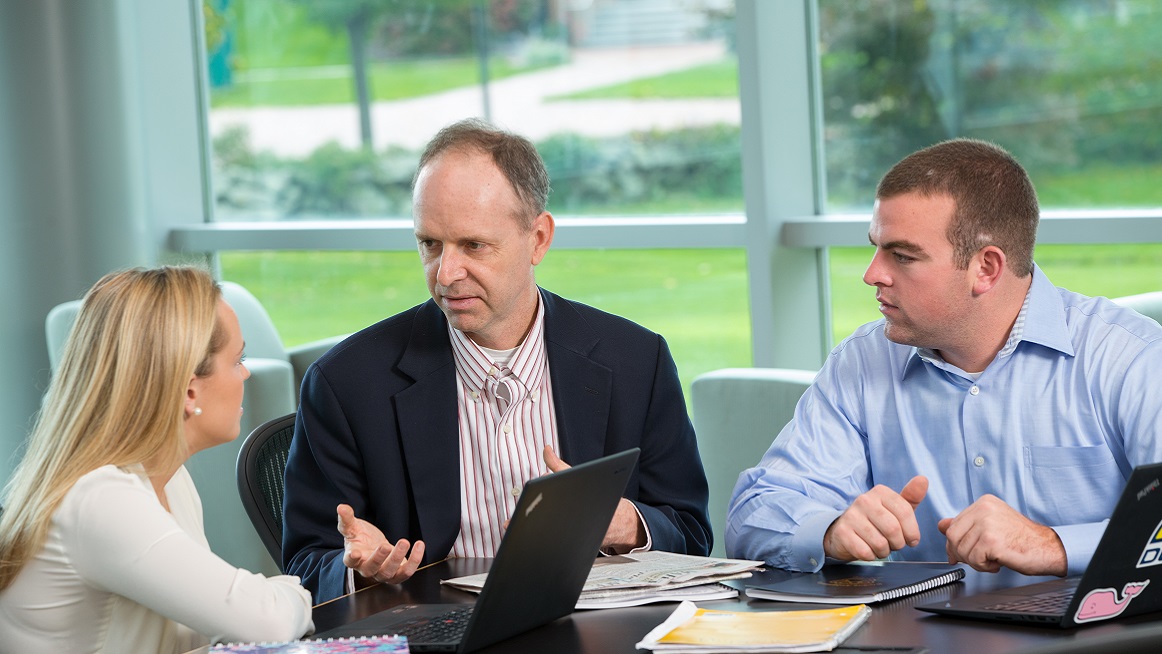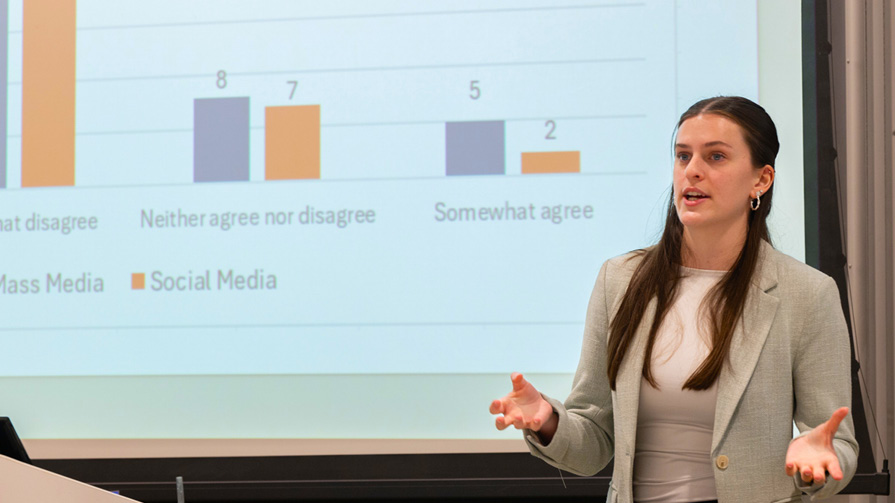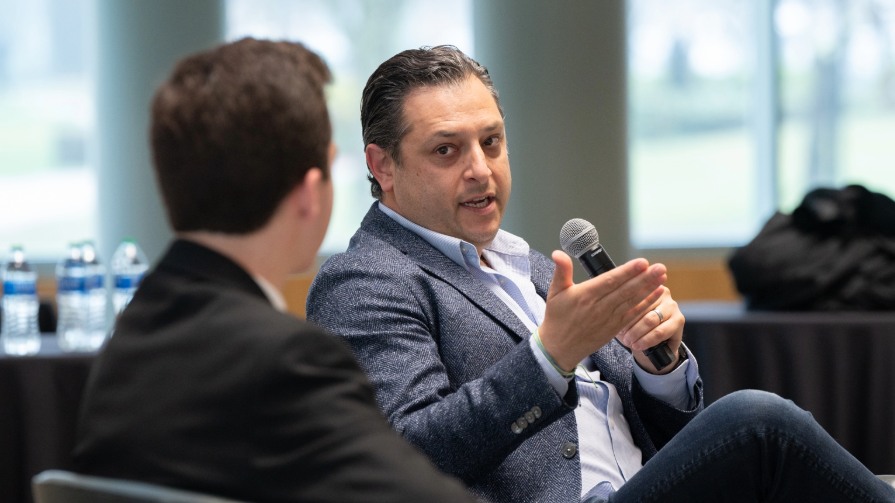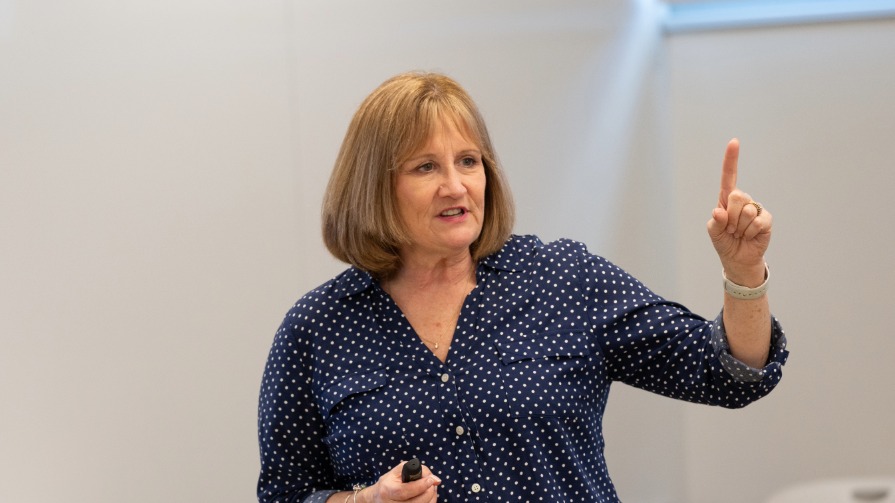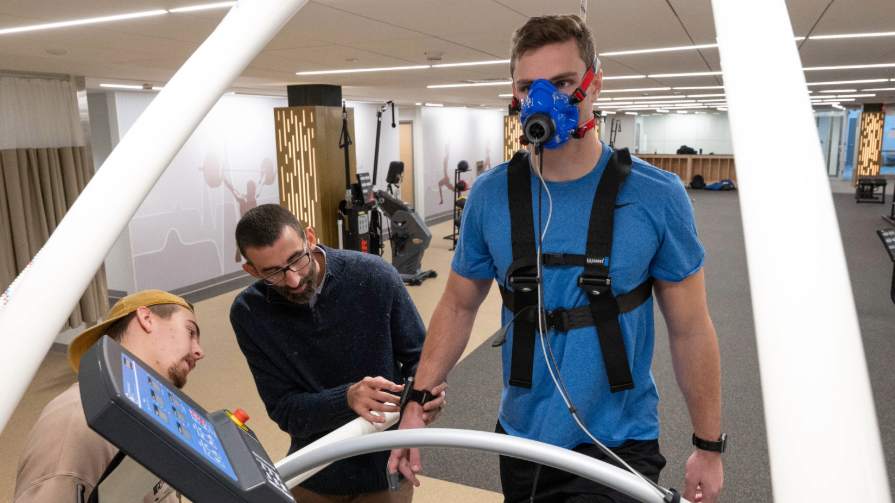By Peter Nigro, Ph.D., Professor of Finance, Bryant University
We are in unchartered territory. Should Americans go back to work or stay in place and continue with social distancing? Given the various constraints we face there is no optimal or first-best way forward in this crisis – so let’s continue with the “Second-best” solution, which is to stay the current course.
"We need to think long-term for the best solution, which won’t be perfect, but will work for all Americans. Let’s not leave any American behind."
Over the past week, at the urging of health professionals, most of the American public have been socially distancing from one another with the primary goal of “flattening the curve.” The goal of social distancing is to reduce the severe stress on our health care system by pushing out the number of infected people. Health care systems are overwhelmed, not only in Italy, but also here at home in cities like NYC and Seattle. The dire need for medical equipment, supplies, and respirators is apparent.
"The long-term health of the global economy is closely tied to the health of the American workforce. Healthier citizens are more productive workers."
The strategy of social distancing appears to have worked elsewhere in flattening the curve and reducing stress on the health system. For example, in Wuhan, China, where it has been rigorously enforced by a totalitarian regime, there are limited new cases. In Korea, where they have had extensive testing in conjunction with social distancing, it has been even a greater success.
Some U.S. politicians, however, believe that that we need to move away from social distancing in the near future. They argue that the “cure may be worse than the disease.” Specifically, by keeping people away from their jobs and businesses closed, the economic implications far outweigh the health ones.
From an economic (and health) perspective, this is not the right path.
The long-term health of the global economy is closely tied to the health of the American workforce. Healthier citizens are more productive workers. Better long-term health outcomes help grow a nation’s economy in the long run. It would be unwise to ignore best practices to obtain a short-term bump in economic activity at the cost of long-term success.
Looking ahead, one strategy that should be quickly implemented is moving towards extensive testing on healthy asymptomatic people – like Korea. This may allow us to get more people back to work quicker and enable us to more quickly gain our economic footing.
Policy makers, politicians, health experts often must make difficult trade-offs in isolation. In this case, however, we need to weigh the expertise of all these players to come up with a second-best solution. Trading off the lives of Americans for a potential short-term bump in GDP and financial markets is not the right thing to do. We need to think long-term for the best solution, which won’t be perfect, but will work for all Americans. Let’s not leave any American behind.
_____
Peter Nigro, Ph.D., is a Professor of Finance at Bryant University. He previously served as an economist with the Office of the Comptroller of the Currency in Washington, D.C, which regulates all national banks. He is an expert on the Federal Reserve, monetary and fiscal policy, financial saving, credit risk, and fair lending issues. His other media contributions include Fortune, MarketWatch, U.S. News and World Report, The Street, and Bryant University News
